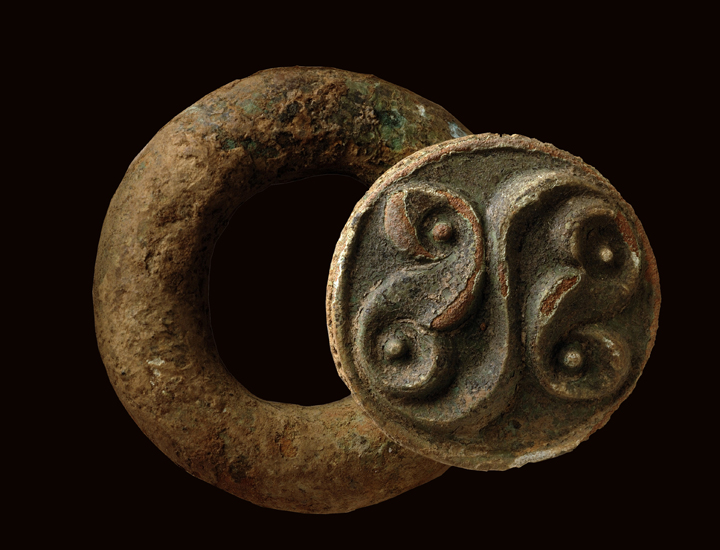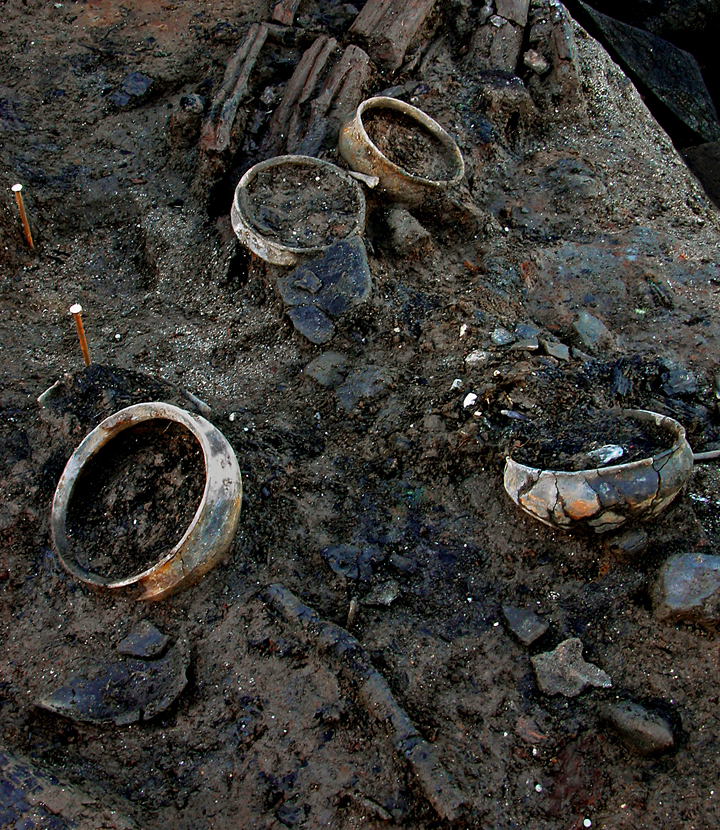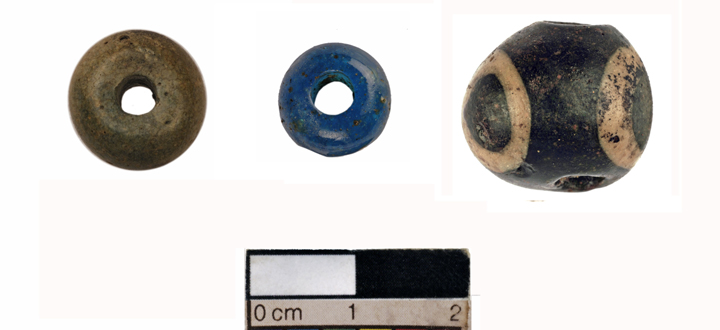It is an archaeological site that some are calling Britain’s “Pompeii.”

In 2011, archaeologists uncovered a site in East Anglia that had been lost in a river about 3,000 years ago. While they continue their work, on Monday, they showcased some of the best-preserved artifacts in Britain’s history.
The archaeologists uncovered large circular houses that had been on stilts. Consumed by fire, they plunged into a river, covered over with silt, which is why the artifacts have been so well-preserved.
“A dramatic fire 3,000 years ago combined with subsequent waterlogged preservation has left to us a frozen moment in time, which gives us a graphic picture of life in the Bronze Age. We are learning more about the food our ancestors ate, and the pottery they used to cook and serve it,” said Duncan Wilson, chief executive of Historic England, which is part of the team.
The artifacts were so well-preserved, in fact, that pots with meals still inside were found. Other items included textiles, small cups, bowls, jars and glass beads. Even footprints were found in the sediment, leading the researchers to suspect that the inhabitants were forced to leave their dwellings quickly.
The findings allow researchers to gain better insight into the Bronze Age, providing clues as to how our prehistoric ancestors lived.

Get breaking National news
WATCH: Bronze Age homes unearthed in East Anglia











Comments
Want to discuss? Please read our Commenting Policy first.